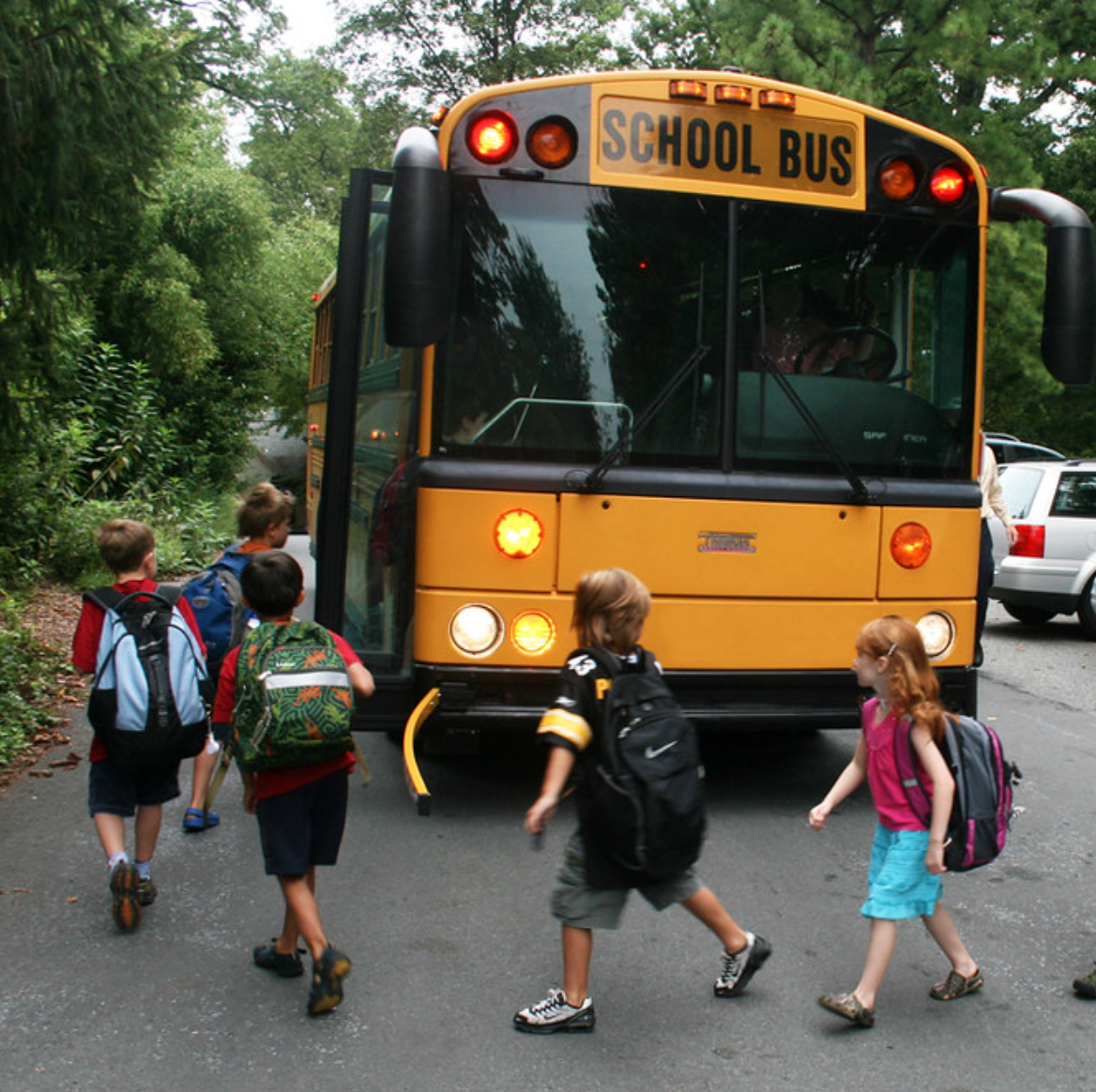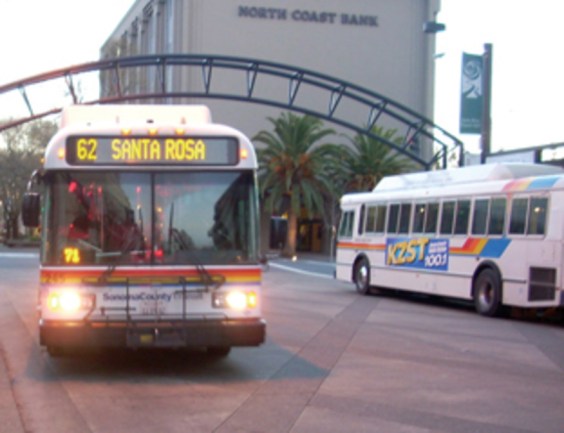- Plenty of Fiddle Faddle During Climate Bill Debate But Little to Show For It (The Economist)
- Meanwhile, Scaled-Down Bill Likely to Hit the House Floor Next Wednesday (The Hill)
- House Dems Quarrel About Livability Provisions in Transpo Appropriations Bill (LAB blog)
- Retired Admiral LeRoy Collins Killed While Cycling in Tampa (UPI)
- House Committee Unveils Earmark Database (Open Secrets Blog)
- Higher Tolls Equal Quicker Commutes in San Francisco (NBC)
- Subtract Eight Cars, Add Room for 74 Bikes at an Oregon Transit Center (Oregonian)
- Infrastructist Editor Talks Tolls and Gas Taxes on Fox Business News
- LaHood in Wisconsin: "There's No Stopping High-Speed Rail" (Wisc State Journal)
- High-Speed Rail Coming -- Eventually -- to the Connecticut River Valley (Associated Press)
- PBS Tackles the Question: What Does Livability Look Like? (The City Fix)
Today's Headlines
Today’s Headlines
Stay in touch
Sign up for our free newsletter
More from Streetsblog USA
Under Pressure: Uber’s Navigation System Endangers the Public With Reckless Driving Directions
An Uber driver made an illegal u-turn and hit someone, but the in-app navigation told him to do it and the company won't give up the code.
As Portland Fights ICE With Land-Use Regulations, Will Zoning Survive Trump?
Portland's attempt to rein in ICE could trigger a battle over the constitutionality of zoning.
Monday’s Headlines Get Schooled
A shortage of bus drivers has left some school districts and parents struggling to get their kids to class.
Why Trump’s Latest Attack on Chicagoland Transportation Won’t Succeed
The USDOT announced it is blocking $2.1 million in previously approved federal funding for the Red Line Extension and the Red & Purple Modernization Project. But Streetsblog CHI doesn't think that will be the end of the story.
Week Without Driving: How Transit Can Serve People in Rural Towns
How do rural residents get to school, work, medical appointments, and other places they need to be?
Friday Video: Connecting the Dots Between Trump, Transit Cuts, Walkability Rescissions, Big Oil and Union Busting
Take a ride with More Perfect Union and learn about capitalism.





